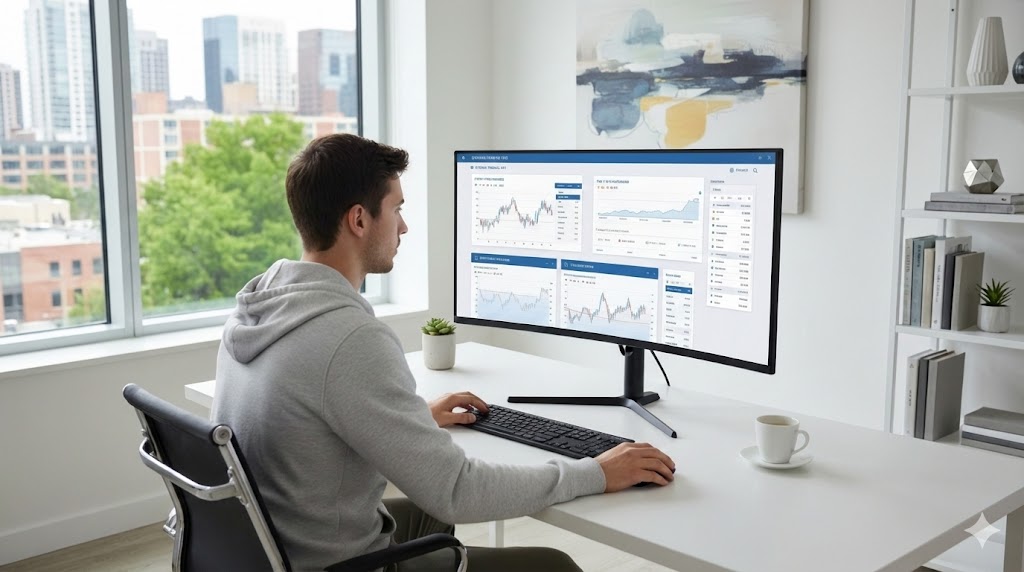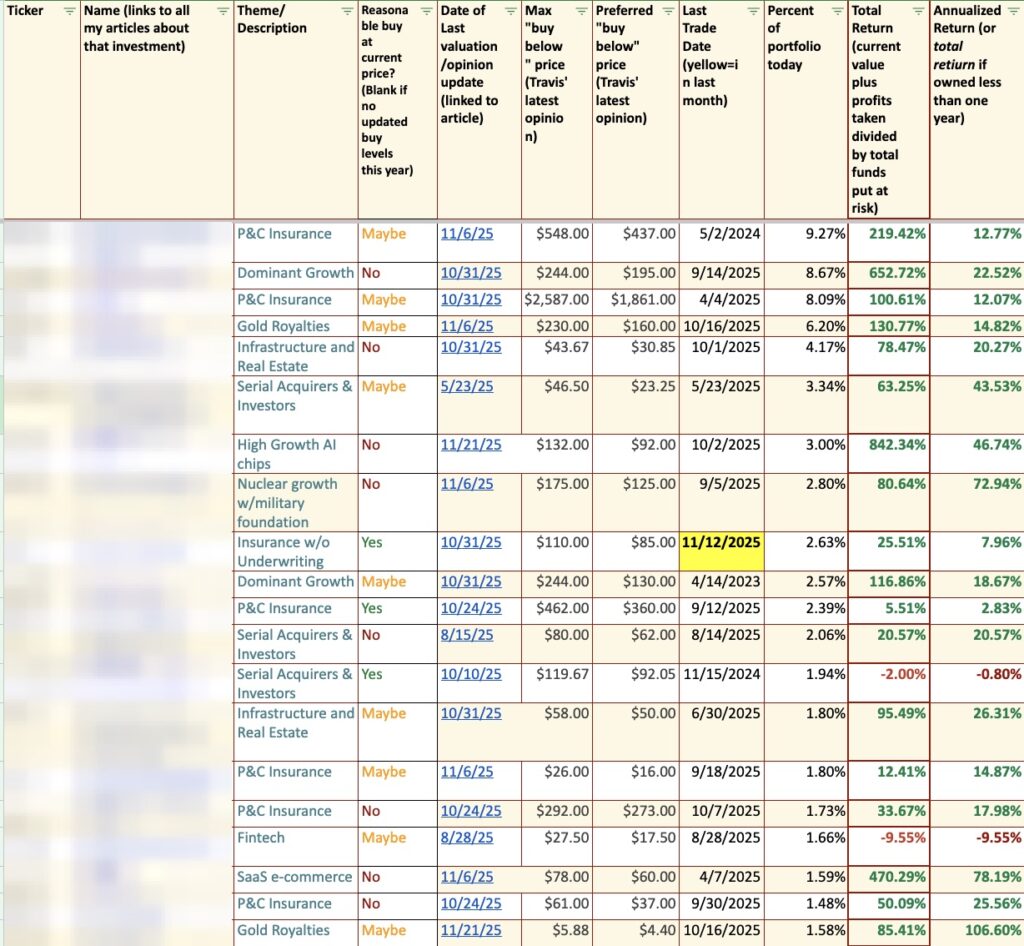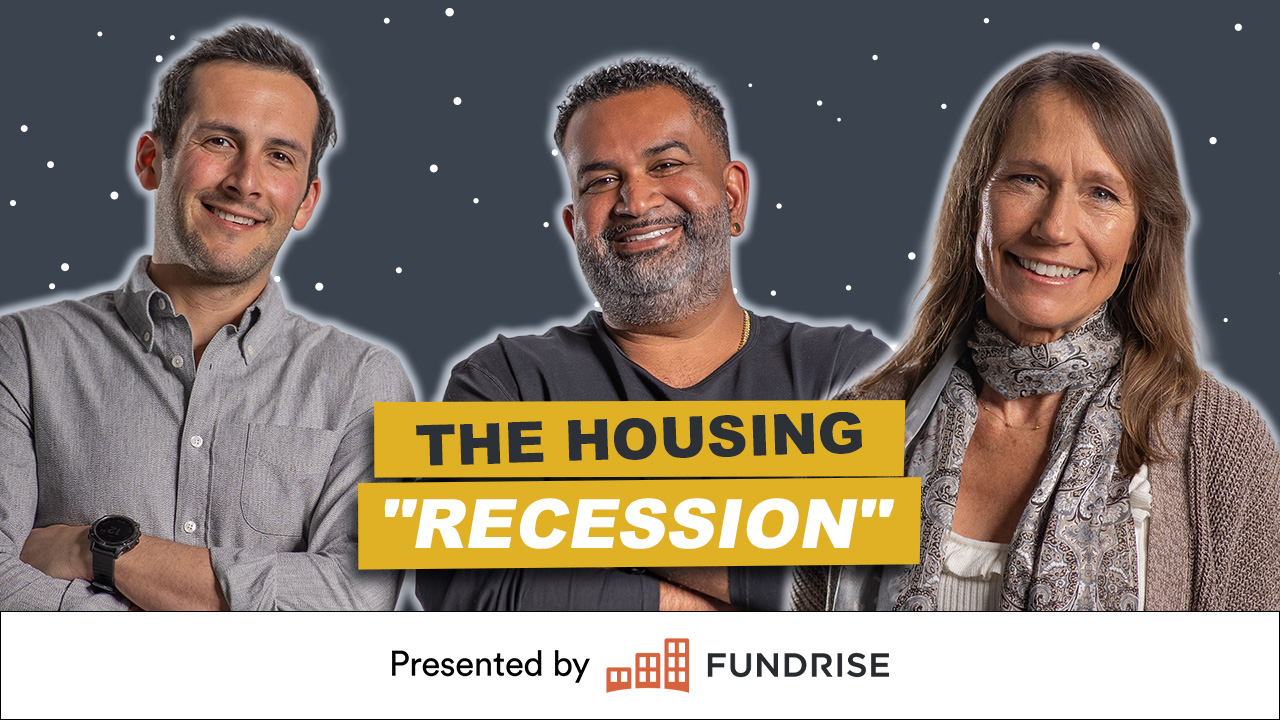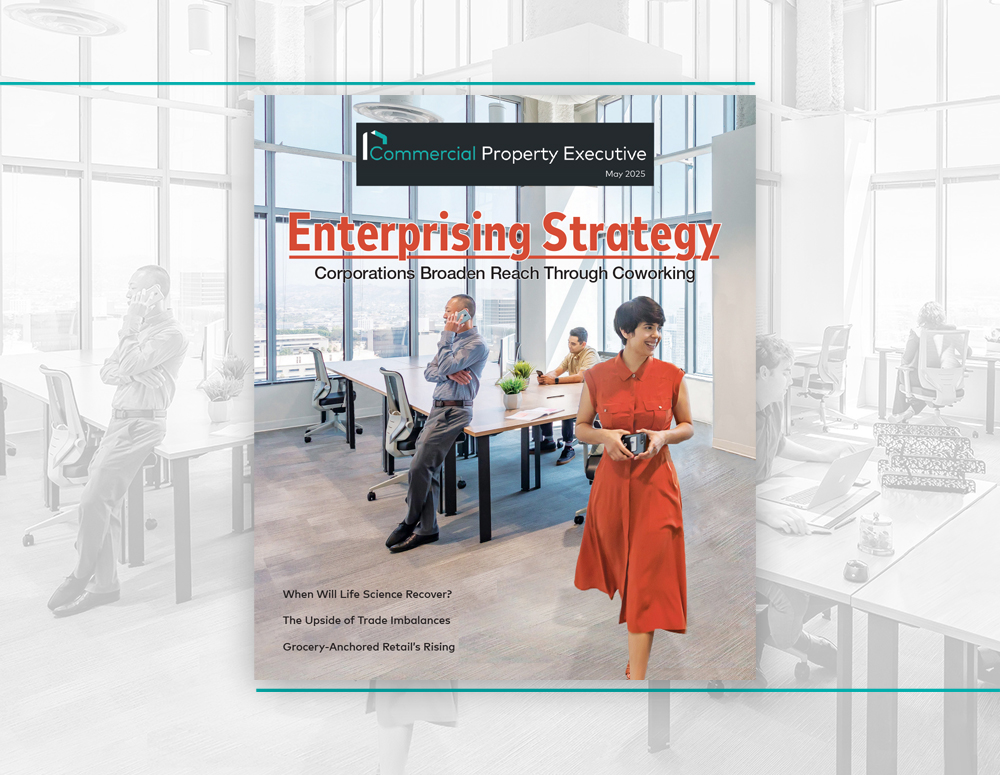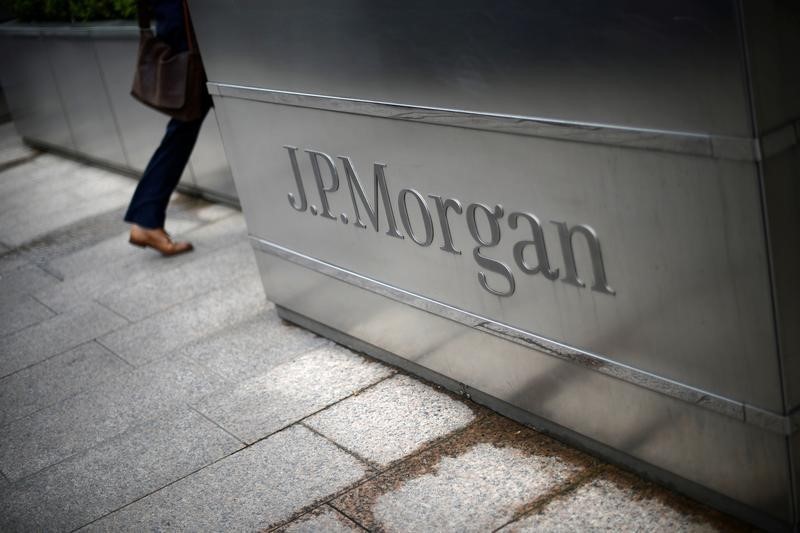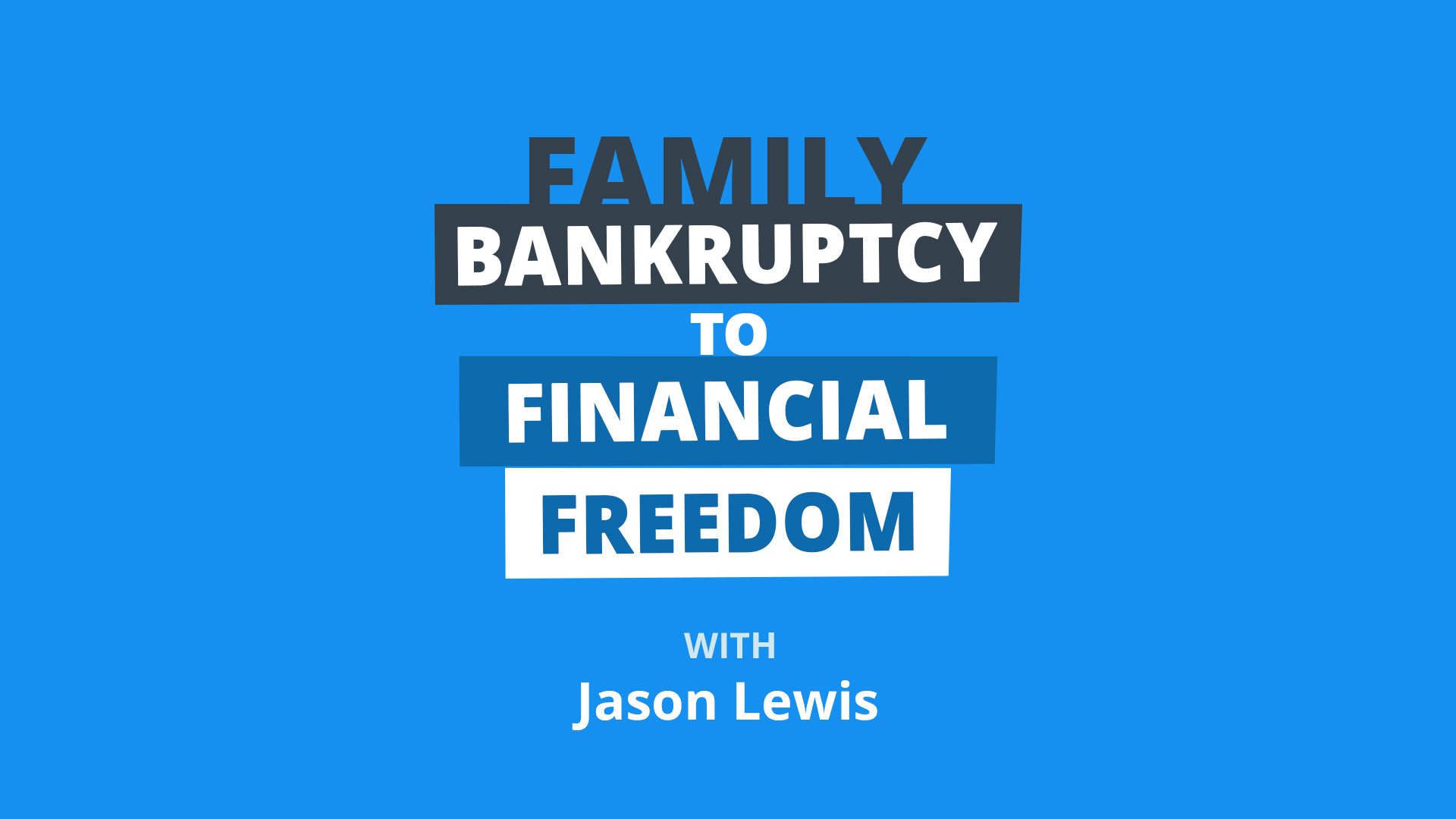Turtle Beach Corporation (NASDAQ:HEAR) Q4 2023 Earnings Conference Call March 13, 2024 5:00 PM ET
Company Participants
Alex Thompson – Gateway Investor Relations
Terry Jimenez – Chairman of the Board
Cris Keirn – Chief Executive Officer
John Hanson – Chief Financial Officer
Conference Call Participants
Sean McGowan – ROTH
Drew Crum – Stifel
Jack Codera – Maxim
Martin Yang – Opco
Operator
Hello and thank you for standing by. Welcome to Turtle Beach Fourth Quarter 2023 Conference Call. At this time all participants are in a listen-only mode. After the speakers’ presentation, there will be a question-and-answer session. [Operator Instructions]
I would now like to hand the conference over to Alex Thompson, Gateway Investor Relations. You may begin.
Alex Thompson
Thank you, Tawanda, and today’s prepared remarks are from Terry Jimenez, Chairman of the Board; Cris Keirn, Chief Executive Officer; and John Hanson, Chief Financial Officer. On today’s call, we will be referring to the press release filed this afternoon that details the company’s fourth quarter and full year 2023 results, which can be downloaded from the Investor Relations page at corp.turtlebeach.com, where you’ll also find the latest earnings presentations that supplements the information discussed on today’s call. Finally, a recording of the call will be available on the Events and Presentations section of the company’s website later today.
Please be aware that some of the comments made during this call may include forward-looking statements within the meaning of the federal securities laws. Statements about the company’s beliefs and expectations containing words such as may, will, could, believe, expect, anticipate and similar expressions constitute forward-looking statements. These statements involve risks and uncertainties regarding the company’s operations and future results that could cause Turtle Beach Corporation’s results to differ materially from management’s current expectations. While the company believes that its expectations are based upon reasonable assumptions, numerous factors may affect actual results and may cause results to differ materially.
So the company encourages you to review the Safe Harbor statements and risk factors contained in today’s press release and in its filings with the Securities and Exchange Commission, including, without limitation, its annual report on Form 10-K and other periodic reports, which identify specific risk factors that also may cause actual results or events to differ materially from those described in our forward-looking statements. The company does not undertake to publicly update or revise any forward-looking statements after this conference call. The company also notes that on this call, we will be discussing non-GAAP financial information. The company is providing that information as a supplement to information prepared in accordance with accounting principles generally accepted in the United States or GAAP. You can find a reconciliation of these metrics to the company’s reported GAAP results and the reconciliation tables provided in today’s earnings release and presentation.
And now, I’ll turn the call over to Terry Jimenez, the company’s Chairman of the Board. Terry?
Terry Jimenez
Thanks, Alex, and thank you all for your interest in Turtle Beach. On behalf of the board of directors at Turtle Beach, I would like to share a number of exciting announcements today. These actions that we believe will fundamentally change Turtle Beach for the better. First, after a lengthy and comprehensive process of assessing strategic alternatives, we have announced an acquisition that will provide a much larger, more resilient and more diversified foundation on which to grow the business. Today, we announced our acquisition of Performance Designed Products, or PDP, as the industry knows it. We have acquired PDP for an enterprise value of $118 million in a combination consisting of roughly one third stock and two thirds cash. PDP is a leader in video game accessories among market leading share in controllers and other product categories, with PDP being a leader in controllers and Turtle Beach being the leader in console headsets. We believe that we’ve created a powerhouse gaming accessories platform.
In addition to the significant scale benefits that come with diversifying our revenue base and tangential categories with the same partners and consumers, we believe we will realize significant cost synergies in the deal. These synergies, alongside PDP’s attractive standalone profile, have allowed Turtle Beach to acquire PDP at a highly attractive multiple, both on a pre- and post-synergy basis. We expect the first 12 months of the combined company to generate $390 million to $410 million in revenue and between $60 million to $65 million of adjusted EBITDA. This acquisition will significantly increase our profitability and free cash flow generation throughout the cycle, better minimize our earnings and free cash flow volatility and create a global powerhouse in the gaming category.
Additionally, we are pleased to have announced today our intention to launch a significant return of capital to shareholders by way of a reverse Dutch tender auction. We intend to repurchase up to $30 million of our common stock at a price range between $13.75 to $15 per share. This tender auction, which will end following our first quarter earnings results in May, is set to launch next month and will provide shareholders that are seeking liquidity, a chance to sell some or all of their stock back to the company at a minimum premium of 25% from today’s closing share price.
Diversis, the former owners of PDP as well as each member of the Turtle Beach management team and Board of Directors, have committed to not tender a single share of stock, highlighting the confidence that we all have that this deal will create significantly more value to shareholders than the top end of the tender range provides. We have listened to shareholders, and providing this liquidity option was an important consideration for our Board.
As part of the transaction with PDP, we have entered into a debt facility that will have less than one times leverage for the pro forma company at close. Assuming the tender of $30 million is fully utilized, our net leverage level will sit at just 1.2 times next 12 months EBITDA. And importantly, pro forma for the transaction, as we have detailed in our slide deck, Turtle Beach is currently trading at less than half the enterprise value over the next 12 months EBITDA multiple of its closest peers. We expect this gap to narrow over time as shareholders recognize the massive transformation that has happened at the company over the past year, culminating with today’s announcements, allowing significant value to be created for our shareholders as we now focus on execution.
With the transaction comes a great set of complementary assets, products and team members as well as a new Board member. We welcome Dave Muscatel to our Board, and we are thrilled to have someone with such deep gaming market experience join our Board.
And finally, after a comprehensive and exhaustive search, we are pleased to announce Cris Keirn as our next Chief Executive Officer. The Board, guided by its search consultant, ran a broad and sweeping review. The external demand for this role was significant, and the Board engaged deeply with a number of remarkable candidates. At the end of the search, it became quite clear that the Board believed that Chris’ deep understanding of the existing Turtle Beach business, his understanding of PDP and his ability to execute on the company’s strategy gave us the best chance to succeed both near and long term. We are enthusiastic about this new, refreshed and transformed Turtle Beach and its future prospects for shareholders, employees and customers. The Board has been hard at work over the past year, and we are excited about the future for the company and its shareholders.
With that, I will turn it over to our Chief Executive Officer, Cris Keirn.
Cris Keirn
Thanks, Terry. And thank you all for joining us today on our fourth quarter and full year 2023 earnings call. First, I’d like to thank the Board for placing their trust in me to lead the business as CEO moving forward. Since assuming the Interim CEO role last summer, we worked closely together to best position Turtle Beach for future success. I also want to thank the great team that we have here at Turtle Beach and recognize their tremendous efforts. Together with the Board and the entire team, I look forward to advancing our strategy to ultimately drive increased return for our shareholders.
Next, I want to discuss the exciting news that we announced separately from our earnings release earlier today. As Terry noted, we announced the execution of a definitive agreement to acquire PDP, a leading gaming accessories provider. PDP is a leader in video game accessories, including controllers, headsets, power cases and other categories. The transaction creates a powerhouse with the combination of industry-leading teams and expertise, significant product momentum and proven track records of delivering profitable growth.
Bringing PDP’s leading gaming controller category to Turtle Beach will provide additional scale and create future development opportunities in addition to an estimated $10 million to $12 million in cost synergies and meaningful revenue synergies. The acquisition of PDP adds significant financial benefits to Turtle Beach that fundamentally transforms the financial profile of the company. Considering this transformational development, let me now state our full year 2024 outlook before recapping 2023.
For the full year 2024, including the PDP contributions and synergies for nine months, we expect to generate revenue in the range of $370 million to $380 million and generate adjusted EBITDA in the range of $51 million to $54 million. Further, in the first four quarters of operation, as in Q2 2024 through Q1 2025, the pro forma business expects net sales to be in the range of $390 million to $410 million and adjusted EBITDA to be in the range of $60 million to $65 million. This is a tremendous outcome, and I want to welcome the fantastic PDP team to Turtle Beach. We look forward to achieving great success together.
I’ll now move into the fourth quarter and full year 2023 commentary. Turtle Beach’s resilience and adaptability in 2023 has elevated our leadership position across gaming and accessories. Our 2023 full year net revenue increased by 7.5% year-over-year as a result of significant share gains across multiple categories and geographies, including our core business of console gaming headsets. With post-pandemic transitional effects to gaming markets and our business now behind us, we are looking forward to a strong era of exciting new products and growth.
We also returned to profitability in 2023, generating $6.5 million of adjusted EBITDA compared to an adjusted EBITDA loss of $29.9 million a year ago. Our share benefited from the temporary higher promotional spend as our U.S. console headset value grew 300 basis points – our share grew 300 basis points year-over-year in the fourth quarter and was up for the full year 2023.
The fourth quarter promotional spend was successful in preparing our inventory and the channel inventory levels for the significant upcoming new product launches throughout 2024, including groundbreaking new wireless models. Higher spend has not continued in January and lower levels of promotional spend are projected through 2024 across categories.
Despite reduced year-over-year promotional spend in January 2024, we’re seeing continued share growth in key areas, including console gaming headsets, positioning us well for our upcoming new product launches, set to differentiate the gaming accessories landscape in 2024. As an example, the launch of our highly acclaimed Stealth Ultra controller for Xbox and PC is just the beginning of what we believe will be a transformative year for Turtle Beach.
John will now take us through the financials in more detail. John?
John Hanson
Hey, thanks, Cris, and good afternoon, everyone. As Cris noted, our full year 2023 revenue was $258.1 million that’s an increase of 7.5% compared to the year ago period, driven by revenue and share gains for both our console headset and simulation products. Fourth quarter revenues at $99.5 million were down slightly compared to the $100.9 million a year ago, driven by higher than expected promotional spend due to the softer than expected console gaming headset market.
In 2023, our gross margin was 29.3% compared to 20.5% in 2022. The increase was a result of lower freight and promotional spending during the year. As you’ll recall, in the year ago period, we recorded a $9.8 million charge for potential excess components and finished goods relating to the pandemic driven supply chain impacts and a weak gaming market.
Excluding these non-recurring items, adjusted gross margin was 24.6% in 2022, which reflects a 470 basis point improvement year-over-year. Operating expenses for the full year 2023 were $91.9 million compared to $100.7 million in the year ago period. Recurring operating expenses declined 10.6%, a reflection of the proactive expense management initiatives we undertook in mid-2022, as well as the alignment of marketing to support demand and our product launches.
Our full year adjusted EBITDA improved significantly to $6.5 million compared to an adjusted EBITDA loss of $29.9 million in the year ago period. The year-over-year variance is primarily driven by the items I’ve covered above. We continue to advance our enhancements in profitability and we expect to deliver strong adjusted EBITDA growth in 2024. Our full year net loss improved to $17.7 million or $1.03 per diluted share, compared to a net loss of $59.5 million or $3.62 per diluted share a year ago.
Turning to the balance sheet, at December 31, 2023, we had $18.7 million of cash and no outstanding borrowings on our revolving credit line. Inventories at December 31, 2023 were $44 million compared to $71.3 million at December 31, 2022. Cash flow from operations was $27 million, which was a $68.9 million improvement year-over-year on a year-to-date basis.
Additionally, and as we communicated in our separate press release today, along with the acquisition of PDP, Turtle Beach announced that we have commenced a modified Dutch Auction Tender Offer to purchase with cash up to $30 million in value of our common stock at a price per share not less than $13.75 per share and not greater than $15 per share, less any applicable withholding taxes and without interest using available cash on hand.
On March 12 of 2024, the closing price of the common stock was $11.03 per share. The Tender Offer is anticipated to commence April 10, 2024, and will expire at 12:00 midnight, New York City time at the end of the day on May 10, 2024, unless extended or terminated.
And now I’ll turn the call back over to Cris for additional comments. Cris?
Cris Keirn
Thanks, John. As mentioned, the acquisition of PDP significantly benefits our financial profile. Gaming portfolio and industry leading team, together, we are a stronger business with an industry leading product portfolio poised for growth. As such, we’re energized by the trends throughout our business, and I would like to thank the entire Turtle Beach team, including our new PDP colleagues for their tremendous efforts and performing at such a high level in this dynamic environment. We should remain highly focused on driving enhanced value for our gamers, partners and shareholders.
With that, let’s turn to Q&A.
Question-and-Answer Session
Operator
Thank you. [Operator Instructions] Our first question comes from the line of Sean McGowan with ROTH. Your line is open.
Sean McGowan
Thank you, guys. Hi, everybody. A lot to digest today. So congratulations on multiple fronts, especially for you, Cris. And what – can you give us some sense of how much of PDP’s business is in controllers versus headsets or anything else?
Cris Keirn
Sure. And Sean, thanks so much and appreciate the question. When you look at the combined business, we’ve historically talked about trying to get outside of console headsets, growing our other categories to be about 20% to 25%. We’re looking at about it, on a standalone basis, about 25%. When you add in that PDP business, which is nearly 50% controllers, we’re talking about 40% plus, even pushing mid-40s of our business being outside of that quarter console gaming headset category, that’s a huge change for us and it really helps us diversify. That’s been one of the things that we’ve always been striving for.
And this is really a step change in diversification for us. As you know, the categories can vary year-to-year on which ones may be up or down, and we really believe this gives us a much better balance across the business.
Sean McGowan
Okay. Can you give us some sense of ballpark figure of how much revenue they did on an annual basis, and how does the margins there look relative to the rest of Turtle Beach calculated on the same basis?
Cris Keirn
Sure. Yes. They’re rough and tough. Looking at about $100 million net last year thereabouts. When you look at the margin profile, you can see from our guidance, we’re guiding now to 14% adjusted EBITDA percentage as a percent of revenue. And historically, we’ve guided more – we’ve set our targets are more around 10%. So what you can derive from that is the programs we talked about in the last earnings call. So the portfolio optimization that we’ve been going through, some of the SKU rationalization and the platform product development, we’re seeing those now come into full effect in 2024. So our standalone business has really fundamentally changed, and it’s also generating in about a 14% yield on EBITDA.
PDP, once you bring their business in and we realize the synergies associated with that business, it’s also running at about that same 14% rate.
Sean McGowan
Okay. That’s helpful. I guess if I can squeeze one more in then. Just a little comment on the fourth quarter in your existing business came in below last year, below consensus, certainly below my estimate. But you cited promotional spend. Are you suggesting that it’s just a reduction in price that drove the decrease in revenue? Or was volume also lower than you would have thought?
Cris Keirn
Yeah, that’s a great question. It’s a bit of both. When you look at the markets, last holiday we did see a pretty significant dip. If you remember, the gaming headset market was up about 2% year to date at the end of Q3, and then October, November took a double digit percentage drop year-over-year. Fortunately, we’ve seen that recover and December was back to growth. But that did lead to some pressure from the market standpoint on the revenue. As part of that, we have a ton of really great launches coming up this year. And so we did take the action to go ahead and promote a bit more than we expected to make sure that those channels were clean, which they are and that our own inventory is in good shape.
John Hanson
And again, ahead of the new launches that we have coming here in 2024, Sean, which are very exciting, we mentioned the launch of our new wireless models.
Sean McGowan
Okay. Well, if I can just tack onto that margin commentary then. Sounds like without that promotional spending, which you said is not required, at least not right now, gross margins could have been quite a bit higher than what was reported in the fourth quarter. Are you expecting kind of going forward gross margins to get back to that low to mid 30s level that we’ve seen and targeted before?
Cris Keirn
Yes, exactly right. Actually, for this year, we’re looking at mid-30s for margin. Even creeping up on the higher end of that, we’ve always kind of had the goal of getting back to that mid-30 point, and we’re looking more to the mid to high 30s for 2024.
Sean McGowan
Great. Okay. Very helpful. Thank you very much.
Cris Keirn
Thank you, Sean.
Operator
Please stand by for our next question. Our next question comes from the line of Drew Crum with Stifel. Your line is open.
Drew Crum
Okay. Thanks. Hey, guys. Good afternoon. Question on the anticipated annual run rate cost synergies. I think you quantified it at $10 million to $12 million. What is the timing of that? Would you expect to recognize all that in 2024 or is that over time? What is the source of those savings? And then can you quantify the incremental revenue synergies that you expect to get as well? And then I have a follow-up.
Cris Keirn
Sure. Great question, Drew. So when you look at the $10 million to $12 million, we anticipate that’s going to be run rate. And what’s driving that is it’s a variety of OpEx sort of line items there. There’s a lot of common processes between our business and the PDP business, so there’s many opportunities there because the businesses are so complementary from controllers being their main contributor and headsets being ours.
There are a lot of common processes that we believe we can consolidate. So we’ll be optimizing those over the next, let’s say, 12 months. We do expect to realize that $10 million to $12 million sort of within that time frame. And things like real estate, as an example. We’ve got two offices now in San Diego, so obviously we’ll look down the road to consolidate that at some point. Those type of things are really the contributors there. So I think for this year, for 2024, we’re looking at achieving roughly half, roughly half of those synergies here for the calendar year and then the balance of those in the coming months after that.
Drew Crum
Got it. Just any comment on the revenue synergies?
Cris Keirn
Oh, yes, great point. The revenue synergy opportunities are pretty significant. And we haven’t really even built that into that estimate to any great degree because that’s going to take a lot of discussions with our partners, our customers. We think there’s opportunities on two fronts there. Number one, obviously, we have a lot of the same customers today. And we know each other’s business well. And so we do believe there’s going to be opportunities on that front. We also work with some of the same partners from a manufacturing standpoint. So we think there’s cost synergy opportunities there. Again, these will take some time to realize those. But we do see many opportunities there to go and pursue.
On top of that, we do see some benefits with our partners. So we have strong, licensed partners as a combined company across all the first-party manufacturers. And we’ve got a terrific relationship with all three, and we’re looking with the combined portfolio that we now have – it just makes it much more powerful for us as we’re talking to retailers and to licensed partners about what we can offer as a company.
Drew Crum
Okay. Perfect. And then, Cris, this is a follow-up, and you kind of address this in your preamble in response to Sean’s question, but can you discuss what your expectations are for the legacy business in 2024, setting aside PDP, what you’re assuming as far as the core legacy business.
Cris Keirn
Yes, absolutely. In the last call, we talked about we believe our run rate EBITDA – well, we weren’t guiding for 2024; we talked about our run rate EBITDA being $28 million to $33 million – and or $31 million, in that range. And when you look at that run rate, we’ve been able to realize those margin benefits sooner than we anticipated. So when you look at the profile, and we’re running at 14% of revenue from an EBITDA standpoint, those have really come in as we expected and even a bit earlier. So we’re feeling good about how that is coming out. We’re seeing mid- to high digit sort of growth in the core business from a revenue perspective. And we’re seeing significant growth on the profitability side hitting that 14% number.
Drew Crum
Okay. Got it. Thanks guys.
Cris Keirn
Thanks, Andrew.
Operator
[Operator Instructions] Our next question comes from the line of Jack Codera with Maxim. Your line is open.
Jack Codera
Hi, how’s it going? This is Jack Codera calling in for Jack Vander Aarde. Congrats on the acquisition. It seems really exciting. I wanted to ask, given that you have kind of these two new anchor segments between like console headsets as well as the controllers, how should we be thinking about non-console versus console segments? I know in the prior quarter, it was kind of like flight simulation and some of the other PC sensor – accessory segments were kind of really exciting. How should we be thinking about segmentation now?
Cris Keirn
Certainly. Great question, Jack. When you look across the segments, clearly headsets are [ph] – we’ll continue to do quite well there. They’ll continue to be the majority of the business. But not nearly as much as they used to be, right? We’re going to be probably in the 55%-ish range of our business will be console headsets. Controllers – between controllers and the other categories we were running about 20% with our existing controllers business, Flight Sim, PC, all the other categories that we’ve entered into over the last several years here. And so as we’re going forward, you’re going to see a much more balanced portfolio from us and a much more balanced contribution across those different categories. So the controllers will probably be somewhere in the range in total of maybe 25%, 30% off the top of my head here. And then the balance of the rest would be in our PC and Sim categories.
Jack Codera
Okay. That’s very, very helpful. And then I have one more just kind of general industry question. I think you’ve mentioned a bit, but if you factor in historical levels and normal seasonality, can you give me more color on how the retail channel inventories are progressing in the early part of the year? And given the news today about kind of like Dollar Tree and some of these other retail closures, do you expect any headwinds from retail store closures? Thank you.
Cris Keirn
Sure. We’re seeing really good results with our retail partners right now. The channel inventory is in a very good place. I would characterize it as lean and it was lean even in Q4 and coming into Q1. So we’re seeing good replenishments from our partners out there. It’s good to be back in sort of I’d say, more of a normal cadence. Now that we’re done with the pandemic, we don’t have those kind of lumpy inventory issues in the channel anymore as we were trying to unwind that over the last few years. They’re really in a very good place.
As far as go forward with retail, we’re really excited about what this transaction means for retailers as well because the amount of products that we’re able to offer retail are across their categories. We have seen trends of retailers who really consolidating. When you think about gaming, gamers out there, don’t just game on one platform. Nearly everyone is gaming across multiple platforms. And now we have a portfolio that can address all those folks. And so it’s really going to help us from a momentum standpoint with our retail partners, and we’re seeing a good response from the market out there at retail.
Jack Codera
Thank you for the color. Hop back in the queue.
Cris Keirn
Thanks, Jack.
Operator
Please stand by for our next question. Our next question comes from the line of Martin Yang with Opco. Your line is open.
Martin Yang
Hi, good afternoon. Thank you for taking my question. Congrats on the deal. Doubling down on console controller is exciting. Can you maybe talk about the deal rationale aside from PDP being an attractive assets? Is there any rationale related to your overall view on the future of console market?
Cris Keirn
Totally. Hey Martin, thanks for the question. When you look at the rationale behind the deal, one thing that we’ve always worked towards – and PDP has worked towards the same goal, is scale and diversification. Those two items are so key for us and for our investors that to have that diversification that you’re not so single-threaded on console headsets. So that’s why we’ve been developing this. This is a step change for us, same for PDP, taking these two very complementary portfolios and combining them, not to mention the great expertise on the teams on both sides, it really gives us a competitive advantage in that space.
And we’ve seen very strong console demand out there. We’re in that middle part of the console cycle with all the consoles, frankly, all the first-party hardware. And we’re continuing to see very strong demand even in January and early part of this year from a year-over-year comp perspective. And the way we think about it is we had this massive demand during the pandemic. And we know that, that replacement cycle is about two years. And a little bit of the softness, I think, that we saw in the market last year that’s now recovered, there were so many great games out last year, and you could finally go and buy a console, and that was really the first year that happened in this console cycle.
So a lot of those gamer dollars were headed towards their hardware. They were headed towards all these great games. And what we’re seeing now in the market is a really great engagement level from gamers and they’re out there refreshing their console accessories. And part of that too is driven by all the great new products, right, that are coming out from us and from others. And we’re seeing really great demand on those as we launch these new innovative headsets and controllers and simulation products and PC products just across the Board. So we’re feeling really good and optimistic about how that console market looks from an accessory standpoint for the next year with all these dynamics in play.
Martin Yang
Got it. Thank you. Another question related to console is looking back at past generations, how do you feel about the mid-console upgrade such as PS4 Pro? Do you usually try to leverage that as a Calix for your new product releases? How do you compare those mid-console hardware upgrades to exciting new games as a driver for your sales?
Cris Keirn
Yes. Great question. It really helps lift all boats. When you’ve got a new hardware out there, you’ve got some excitement, some people are looking at upgrading their systems, it gets people thinking about what they’re going to play next and what they’re going to use to play those games. So it really does help sustain the – and we’ve seen this with each console cycle. It really helps to sustain that demand and carry through to that next – because the next major release probably from Microsoft and Sony at least is still a few years out, and so having those midterm releases really helps keep the momentum moving.
Martin Yang
Last question from me on the model. Can you give us a rough sense of interest expense on the interline basis you would incur from the new debt facility?
John Hanson
So all from an interest perspective, cash interest expense?
Martin Yang
Yes. That’s right.
John Hanson
Hold on. Yes, it’s about $7.5 million for 2024. That would be ABL and the term loan.
Martin Yang
Got it. Thank you. That’s it for me.
Cris Keirn
Thanks Martin.
Operator
Thank you. [Operator Instructions] We have a follow-up question from the line of Sean McGowan with ROTH. Your line is open.
Sean McGowan
Thanks again. Yes, a couple of model housekeeping kind of follow-ups here. So you’re pegging that guidance to second quarter of 2024. When do you expect the deal to close? And when do you expect PDP to start contributing revenue?
Cris Keirn
That’s today actually.
John Hanson
Yes. Today, it’s signed and closed.
Cris Keirn
Yes.
Sean McGowan
That’s good.
Cris Keirn
It’s been a fun day, Sean.
John Hanson
Still little busy.
Sean McGowan
That’s good. Congratulations on that, too. And so can you give us some sense of the seasonality of PDP vis-à-vis the seasonality of Turtle Beach. I mean I know it’s a similar category, but very different price points. So is this a little bit less concentrated in the fourth quarter? Can you give us some sense there?
Cris Keirn
Sure. It’s very similar. When you look at the kind of the demand that comes in with the console cycles and the games that are out and when people are looking for new accessories, from a modeling perspective, you’re safe to use our seasonality historically from a phasing standpoint.
Sean McGowan
Yes. That’s helpful. And then finally, can you give us a sense, John of pro forma, CapEx and free cash flow?
John Hanson
Yes. So on a next 12 months, if you look at full 12 months for each, based on our guidance, we’re in the – if you take EBITDA less CapEx, CapEx is about $6 million in the combined business. So you’re in the $54 million to $59 million range.
Sean McGowan
Okay. Thank you very much. Appreciate it.
Operator
Thank you. I’m showing no further questions in the queue. I would now like to turn the call back over to Cris for closing remarks.
Cris Keirn
Thank you, Towanda, and thank you everyone, for your participation and interest in Turtle Beach. Have a great day.
Operator
Ladies and gentlemen, this concludes today’s conference call. Thank you for your participation. You may now disconnect.


